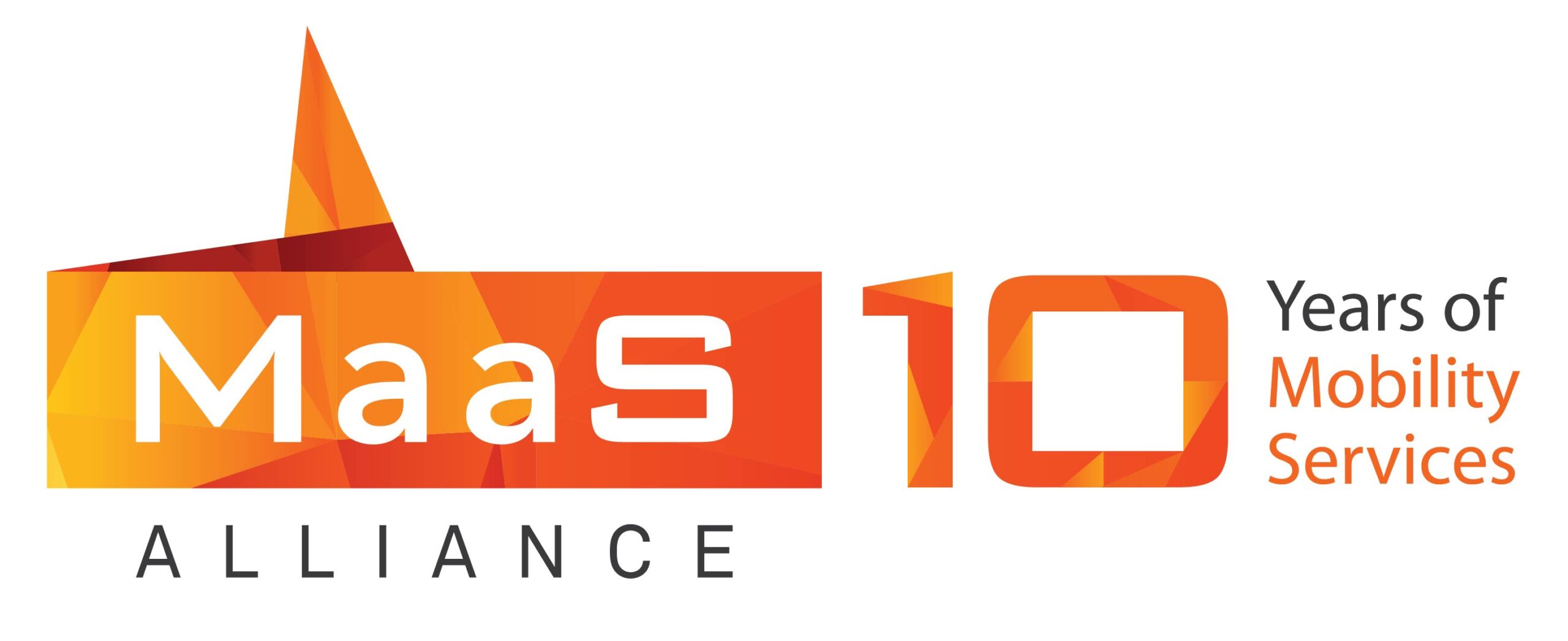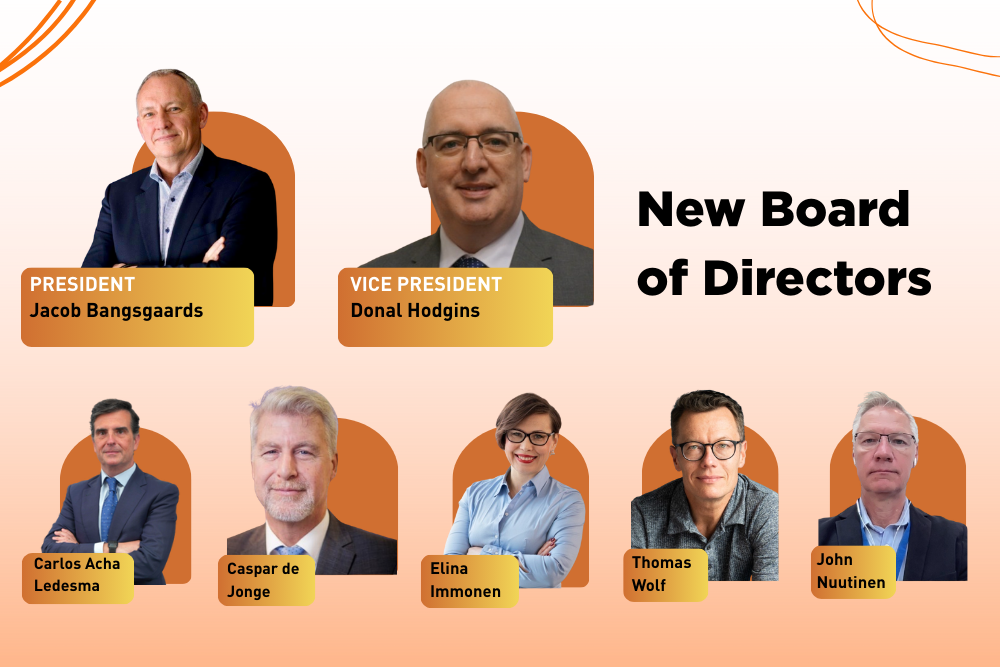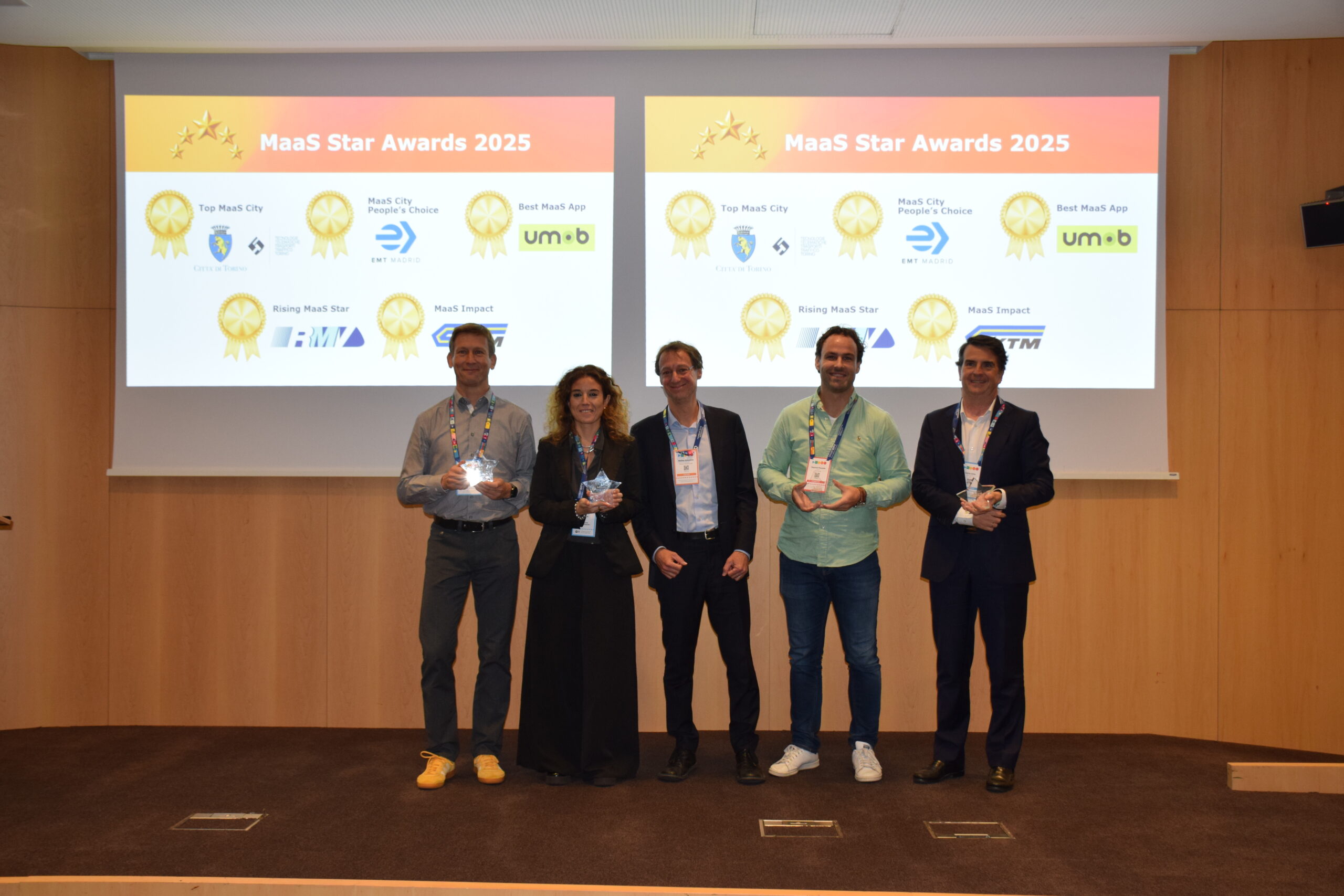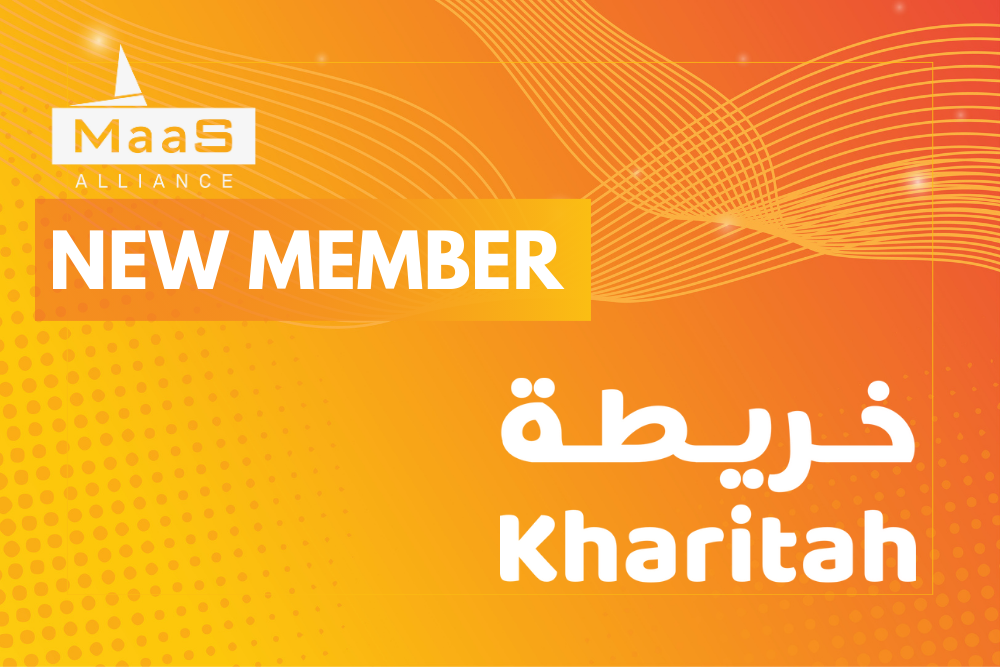
To end the year 2022, MaaS Alliance invited its members to its Final Plenary in Brussels to exchange ideas and discuss the topic of MaaS from all world’s different corners. Following a welcoming note from MaaS Alliance’s Vice-President, Joost Vantomme and Secretary General, Roelof Hellemans, the day kicked off with a keynote on Mobility as a Feature with Sampo Hietanen, CEO at MaaS Global.
The following morning hours continued with an update from Victoire Champenois, European Commission, on current policy and regulatory progress, including the revision of MMTIS and MDMS. Building on this presentation, Dr Johanna Tzanidaki, Chief Innovation Officer at ERTICO, moderated the first panel discussion on Mobility Network Management. How to best steer assets within a city? This was the key question during the discussion, which also brought up the notion of data and, more importantly, the availability of information which should be made available for the network to be managed as a whole. The panelists, Jop Spoelstra, Technolution, Laura Coconea, SWARCO, Roelof Hellemans, MaaS Alliance, and Hubert Joseph-Antoine, Transdev, shared their respective insights on this topic and concluded that end-users should be nudged and aware of available options to best choose from and which meet their personal needs.
Before heading for a short lunch break, Mr Vantomme moderated an interactive Fireside Chat on Mobility Data for the Future with the speakers Timo Hoffman, General Secretary of Napcore; Michael Schnuerle, Open Mobility Foundation; Lucie Kirstein, Acatech, and Tu-Tho Thai, MobilityData. The message is the critical need to have qualitative correct data to accelerate the Open MaaS ECO System. The roles and responsibilities to achieve this goal need to be aligned.
The following afternoon discussions took a spin with Tu-Tho Thai, MobilityData presentation of the MaaS Alliance working group Technology & Standards white paper ‘Mobility Data Spaces & MaaS‘ before Mr Hellemans welcomed the second panellists debate on Cities Dialog on Output: How to shape better urban mobility. Three speakers represented three different European cities, Stijn Vernaillen, the city of Antwerpen, Alan Murphy, Smart Dublin, and Sami Sahala, Forum Virium Helsinki. The discussion went on about the need for Cities and the influence of the pandemic towards the required influence of Public Authorities to steer on the performance of the Public Domain.
The next phase of the plenary involved an update of the MaaS Alliance Working Groups, represented by each of the Working Group leaders, Technology & Standards (Paul Theyskens) Governance & Business Models (Ben Foulser) Users & Rules (Matteo Antoniola), where we discussed the progress and deliverables of the second half of this year, and we provided a peak to the roadmap of 2023. We will align on the scope of work for the next year. We agreed that we will continue working on three levels: legal (regulatory), technological and business (commercial) – always keeping the needs of the user in the centre of this puzzle.
To end the day, we invited Erdem Ovacik from Donkey Republic and Guillermo Campoamor from Meep to present their perspective and input on User Experience and user influencing. We finally wrapped up with news and updates from our global members represented by Su Song, WRI, Daniel Martinez Montska, Renfe Doco App and Matteo Antoniola, 5T Torino.
On behalf of the MaaS Alliance, we thank all our members for joining this final plenary, and we look forward to collaborating in facilitating the Open MaaS ECO system to host the year of the USER!



